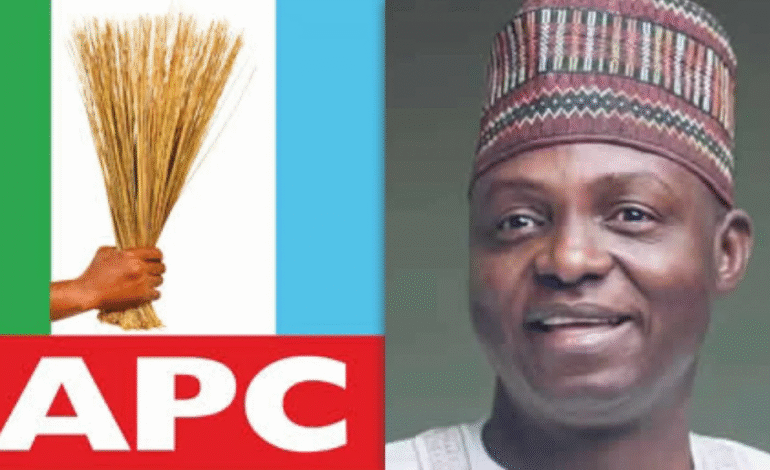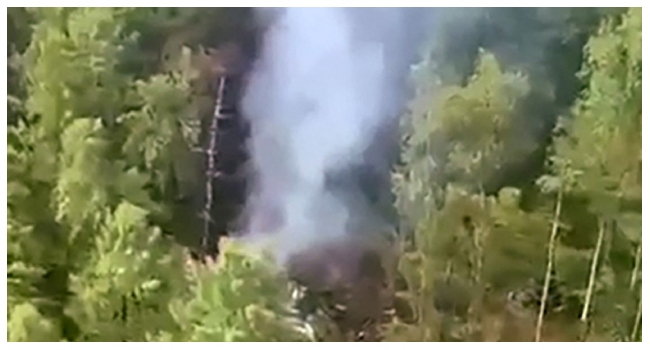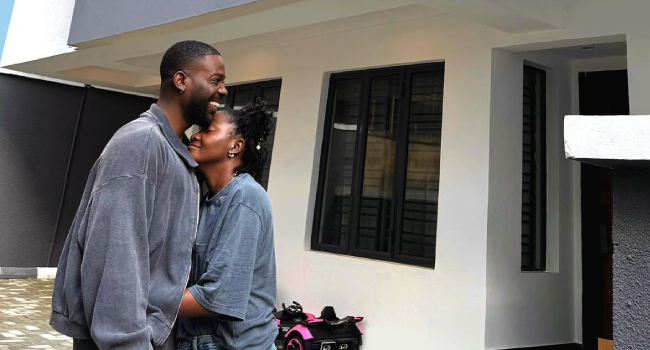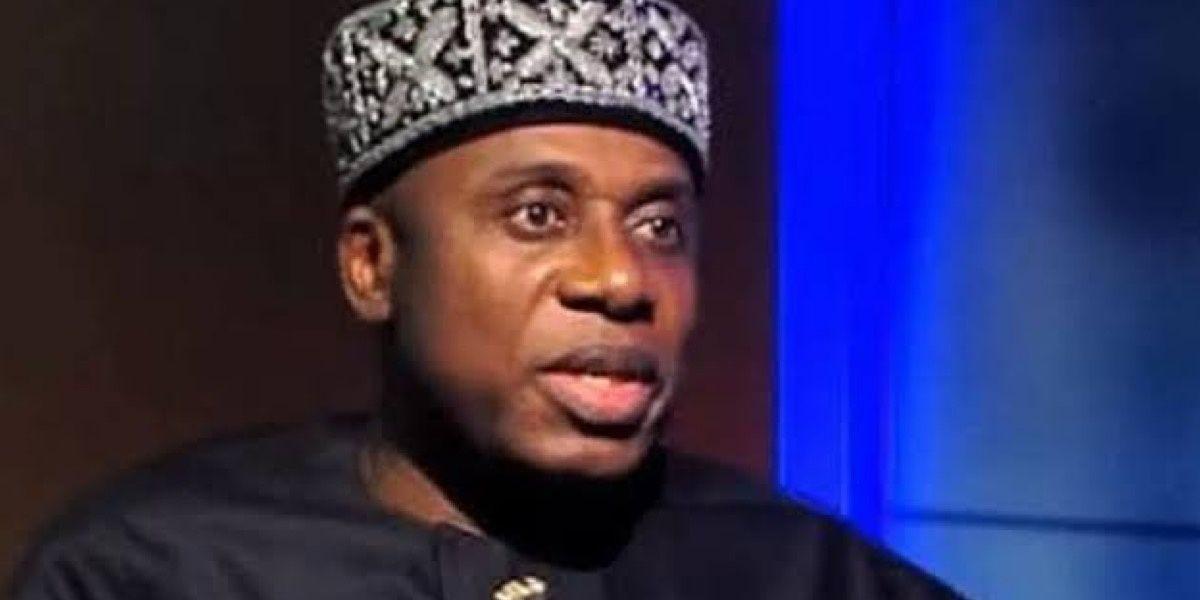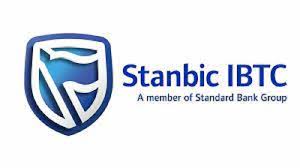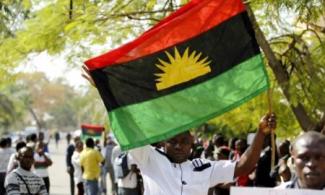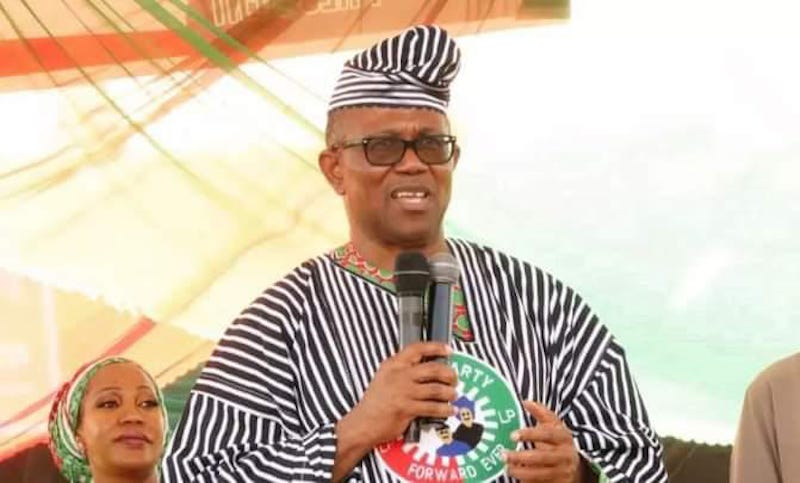A three-member panel of the Court of Appeal, led by Justice Hamma Barka, has reserved judgment in a case brought by the Indigenous People of Biafra (IPOB) challenging its proscription by the Nigerian government. The decision was deferred after lawyers from both sides presented their final arguments.
The Federal Government, represented by Oyilade Koleosho from the Ministry of Justice, argued in favor of the proscription, while IPOB’s legal team, led by Senior Advocate of Nigeria Chukwuma-Machukwu Umeh, urged the court to overturn the ruling of the late Justice Abdul Abdu-Kafarati, who in 2017 declared IPOB’s activities illegal in Nigeria.
IPOB’s appeal seeks to nullify the high court’s 2017 ruling, which outlawed its activities following an ex-parte motion filed by former Attorney General Abubakar Malami. Justice Abdu-Kafarati had issued a broad proscription order, deeming IPOB a threat to national security and barring its activities, particularly in Nigeria’s South-East and South-South regions. He further directed the Attorney General to publicize the proscription in national newspapers and the official gazette.
In its five-point appeal, IPOB contends that the high court ruling was flawed and claimed that it failed to assess evidence suggesting the group is non-violent. IPOB argued that the mandatory statutory condition requiring the President’s authorization, under Section 2 (1) (C) of the Terrorism Prevention (Amendment) Act 2013, was not adequately satisfied. The organization’s appeal further argued that the judge overlooked evidence showing IPOB as a peaceful group advocating for self-determination through protests and public demonstrations rather than violence.
According to the appeal, “The affidavit evidence presented demonstrates IPOB’s peaceful activities, including protests using placards and songs for self-determination, which fall short of the threshold of terrorism under Section 2 of the Terrorism Prevention (Amendment) Act, 2013.” IPOB’s lawyer argued that these facts were not considered by the lower court.
IPOB also raised the disparity between its treatment and other groups that have not been proscribed, pointing out that, despite international reports labeling Fulani herdsmen as dangerous, they have not been similarly designated. IPOB claimed this omission suggested selective enforcement based on political motives rather than objective security concerns.
The government’s counsel, Koleosho, denied IPOB’s claims and defended the validity of the proscription order, urging the appellate court to uphold the 2017 decision. After hearing arguments from both parties, the appellate panel announced it would communicate the date for judgment at a later time.

